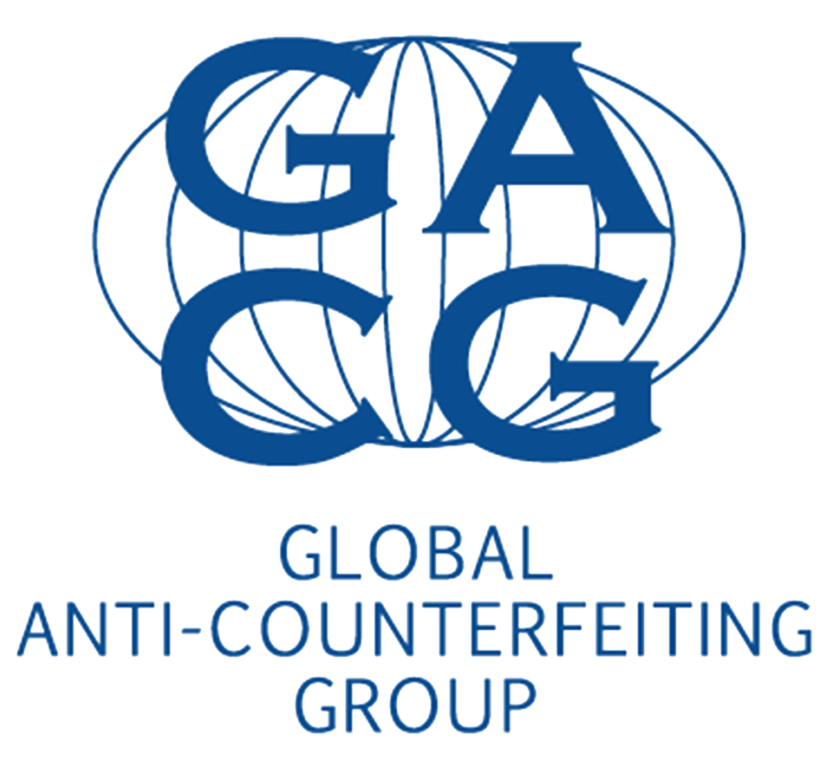GACG contributes and distributes international publications, policy papers and studies, which focus on counterfeiting and illicit trade.
March 19, 2024
EUROPEAN COMMISSION RECOMMENDATION on measures to combat counterfeiting and enhance the enforcement of intellectual property rights
Marking a significant advancement in the enforcement of Intellectual Property Rights (IPR) within the EU, the European Commission today adopted a Recommendation aimed at curbing counterfeiting activities, both online and offline.
The Recommendation consists of strategic initiatives to combat counterfeiting and strengthen the enforcement of intellectual property rights, setting out dedicated tools to increase companies’ resilience and ability to better protect their intangible assets, including against cyber-theft.
This initiative, a deliverable of the European Commission’s 2020 Intellectual Property Action Plan, builds upon the expertise and groundwork laid by the EUIPO, particularly through the European Observatory on Infringements of Intellectual Property Rights (EUIPO Observatory), which facilitated a series of workshops engaging relevant stakeholders.
March 1, 2024
TRACIT – Money Talks: The Crooked Connection Between Corruption and Illicit Trade
A new report finds that corruption is affecting illicit trade worldwide. There is not a single sector of illicit trade that is not tainted by corruption, including agrifoods, alcohol, IUU fishing, forced labor, timber, or wildlife, pharmaceuticals, pesticides, precious metals, gemstones, tobacco products, petroleum, or counterfeiting.
February 1, 2024
USTR Releases 2023 Review of Notorious Markets for Counterfeiting and Piracy
The Office of the United States Trade Representative (USTR) today released the findings of its 2023 Review of Notorious Markets for Counterfeiting and Piracy (the Notorious Markets List). The Notorious Markets List highlights online and physical markets that reportedly engage in or facilitate substantial trademark counterfeiting or copyright piracy…
January 1, 2024
MSU – GLOBAL ANTI-COUNTERFEITING CONSUMER SURVEY 2023
Trademark counterfeiting (hereinafter “counterfeiting”) is a prevalent global risk. A survey of consumers from 17 countries (N = 13,053), conducted in seven languages, examined the prevalence of counterfeit purchase behaviors and what predicts past purchase and future purchase intentions. Our approach was informed by three theoretical lenses to explain counterfeit purchase: motivations, theory of planned behavior, and protection motivation theory…
October 1, 2023
Europol – The Other Side of the Coin – Analysis of Financial and Economic Crime
This is the latest flagship product in Europol’s portfolio, a
comprehensive and in-depth assessment of the threats posed by financial and
economic crimes at EU level…
July 20, 2023
OECD and EUIPO – Why Do Countries Import Fakes?
Linkages and Correlations with Main Socio-Economic Indicators. This report looks at the demand for counterfeit goods and identifies its key drivers. It discusses the specificity of the demand for counterfeit goods, including both deliberate and unintentional demand. Indeed, some consumers will deliberately buy counterfeit and pirated goods while others will be deceived into buying illicit products, thinking they are genuine. The report also examines the profiles of destination economies in the global trade of counterfeit and pirated goods…
July 1, 2023
FICCI CASCADE – HIDDEN STREAMS : LINKAGES BETWEEN ILLICIT MARKETS, FINANCIAL FLOWS, ORGANIZED CRIME AND TERRORISM
FICCI CASCADE’s study titled “Hidden Streams: Linkages between Illicit Markets, Financial Flows, Organized Crime, and Terrorism” employs a rigorous research
approach to unveil hidden layers and establish connections between the illicit economy, organized crime, and terrorism…
May 4, 2023
INTA – Anticounterfeiting Benchmarking Report
Designed for both in-house and outside council, the Anticounterfeiting Benchmarking Report provides deep insight into brand owners’ anticounterfeiting strategies and resourcing. Illustrated through personal insights, as well as aggregated data, the Report is also among the first data-driven attempts to quantify the effects of the COVID-19 pandemic on counterfeiting and hones in on the impact of the pandemic.
January 31, 2023
OECD and EUIPO – Risks of Illicit Trade in Counterfeits to Small and Medium-Sized Firms
Illicit trade in counterfeit goods causes economic damage by reducing sales and profits as well as innovation incentives in legitimate industries. This study looks at damages caused by illicit trade in counterfeits to small and medium-sized enterprises. The robust evidence on the magnitude, scope and trends of this risk informs policy makers about the need to include anti-counterfeiting elements in policy packages designed to support SMEs…
June 16, 2022
OECD – Illicit Trade in High-Risk Sectors
Implications of Illicit Alcohol for Public Health and Criminal Networks
Trade in illicit alcohol products is an attractive target for organised crime, as both the market and potential profits are large, in some cases requiring little investment. The illicit alcohol trade not only fuels criminal networks, but also poses significant risks to public health and safety…
